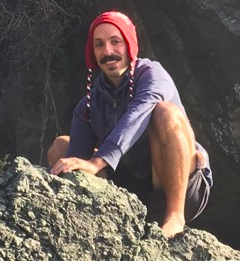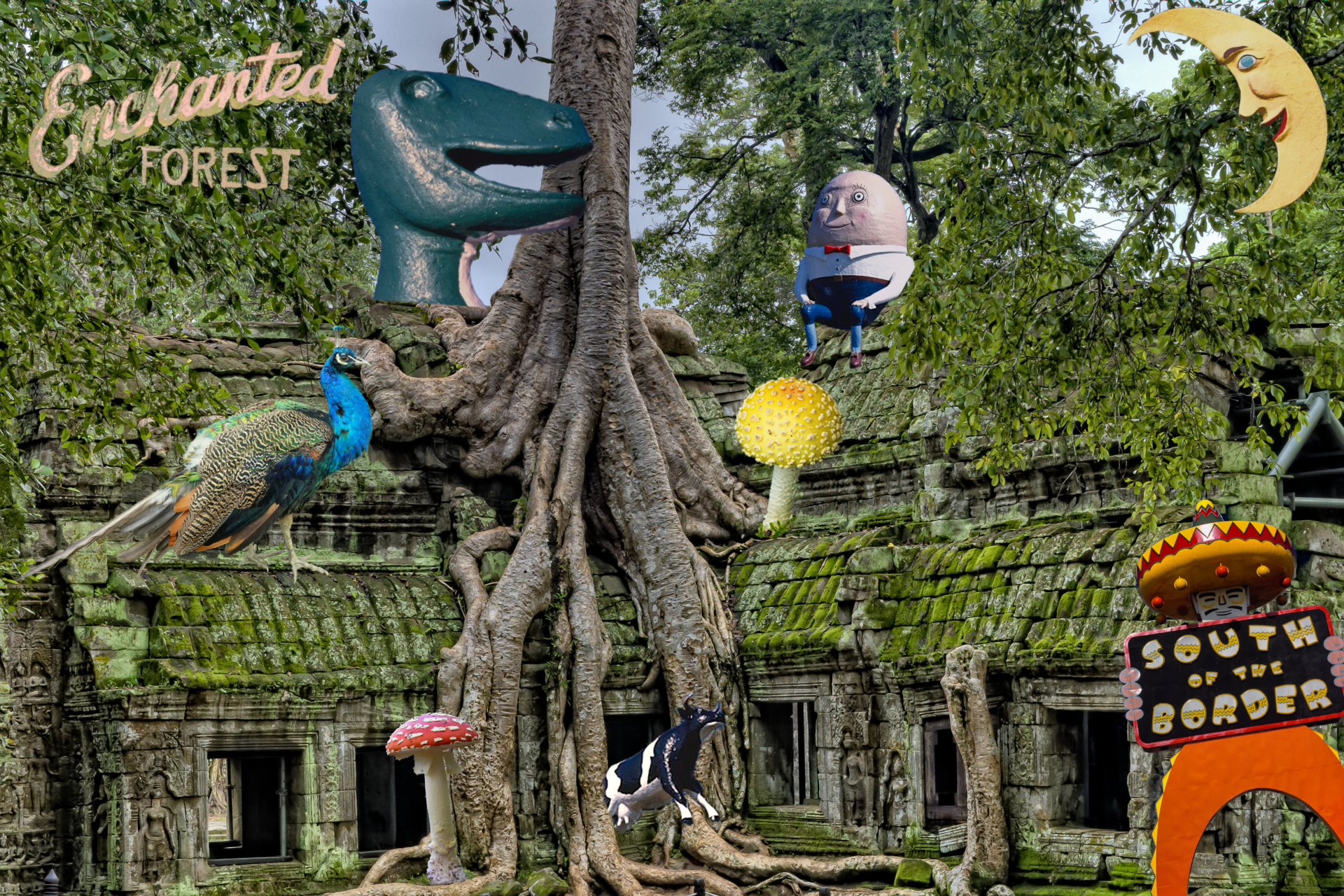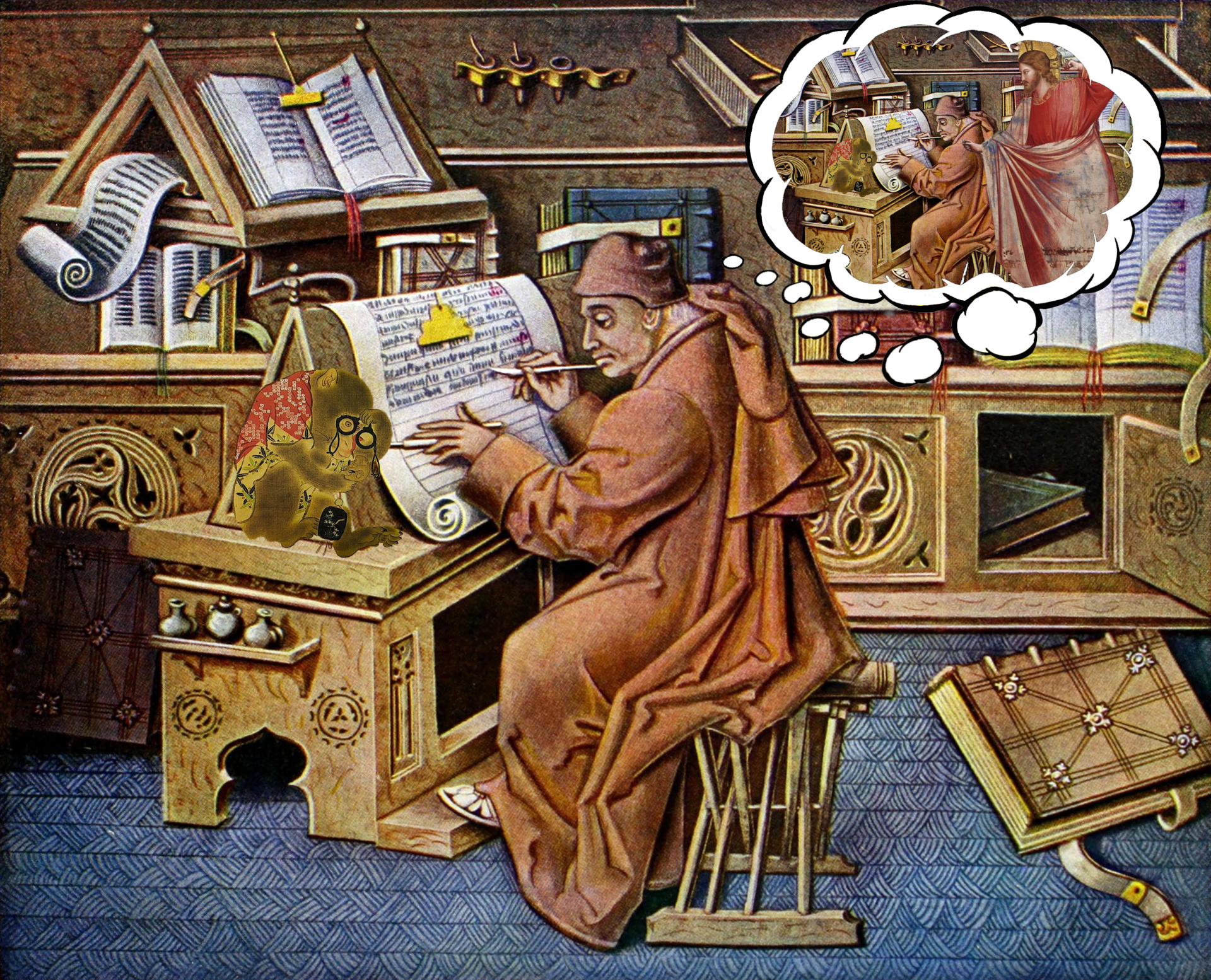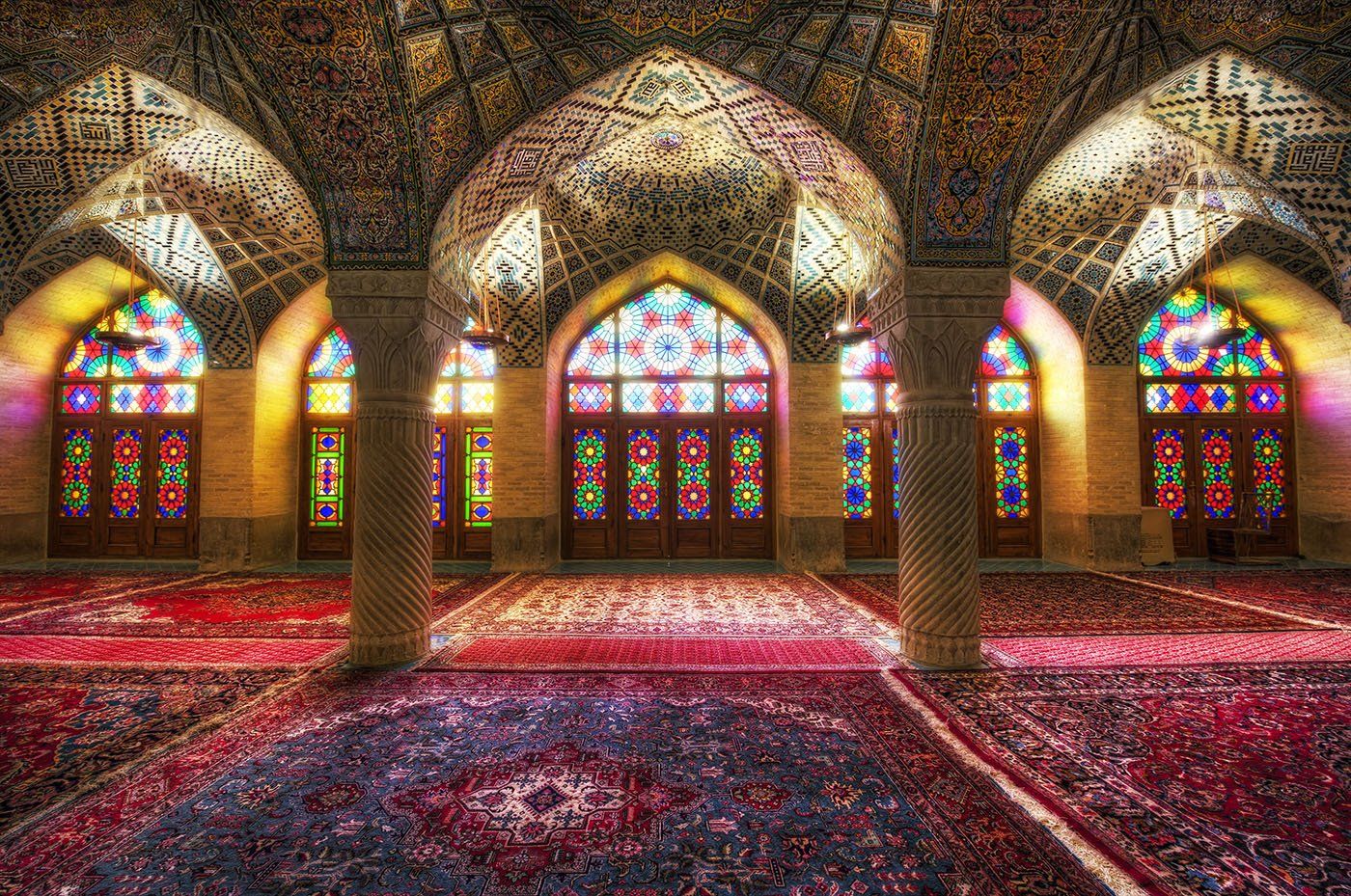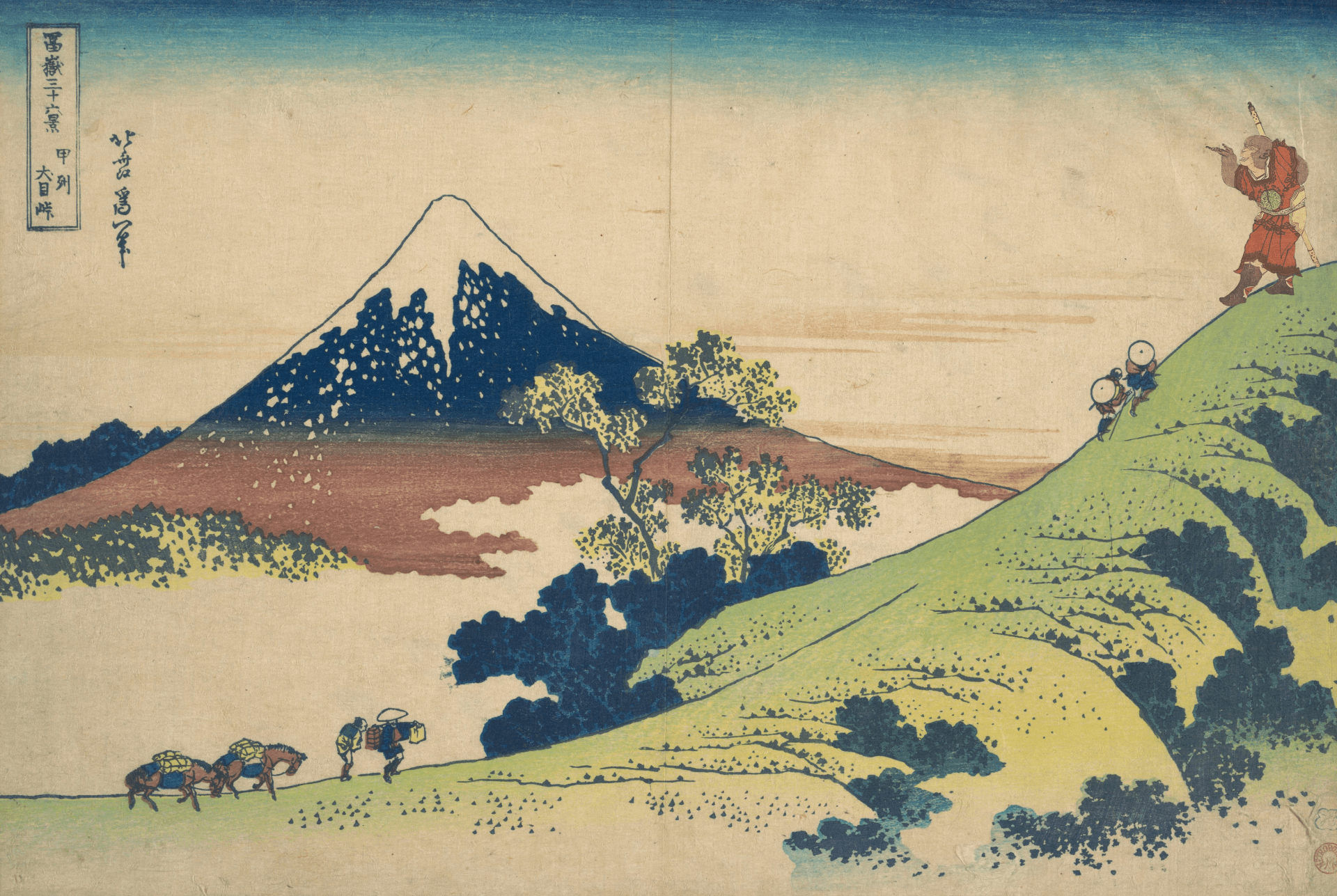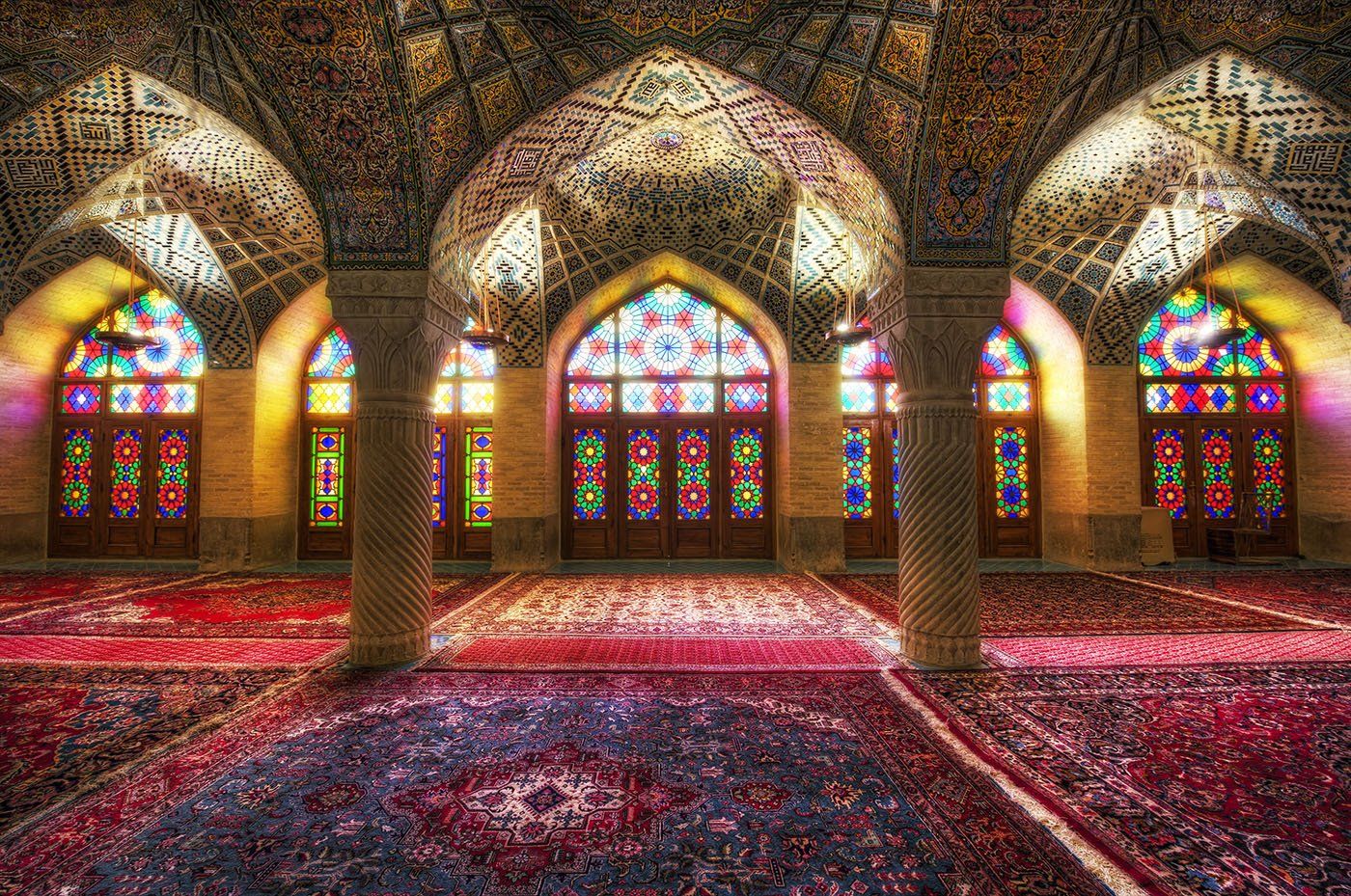
Higher Harmony
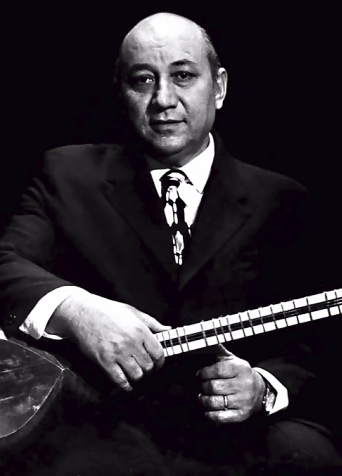
Elsewhere and often here, I've made mention of a gallery of sacred portraits, though I balked at that word, gallery.
I reserve the right to my contradictions, pleading a higher harmony that resolves them.
I won't link to them now to give you context, because -- here you stand, well into the temple halls, fronted with and facing them; if you missed something in your haste to cross the threshold, well -- turn around.
It's just as well; all of this is to turn you around, in the sense of a conversion, which we might better call change of heart -- or, better yet, in the sense of a whirling dervish, the momentum of the spinning of whose drunkenness drives him stumbling into emptiness.
But, what I'm getting at is... when first I envisioned this hall of sacred portraits, I didn't know that on their walls, amid fuller works of greater color and richness of detail, I would be charged to place, here and there, a little sketch.
Inspiration is like that -- you may produce the spark, but once the fire really catches on, it takes on a life of its own.
This is a quick, inspired sketch of Jalil Shahnaaz, another Master of Persian improvisational dastgaah music.
If you would, and if you will, take a look at these for a little context: Many Masters, Baking with a B, Ebadi, Barkhiz o Biaa.
I sketch Shahnaaz, not because I don't have the time for something more, but because I've only caught glimpses of him. It's like a faint fragrance you catch in a crowd: no telling what it was or where it came from -- just enough to lift your heart a little before letting it down again.
The thing is, the Masters of this music that I know better and love more, like Lotfi -- when they talk of Shahnaaz, it's with tenderness, awe, and the utmost reverence.
All I can say is -- if a Master like that sees Shahnaaz with those eyes, or speaks of him with those tones -- who am I to gainsay him?
Actually -- that's not all I can say, and, if indeed I were called to gainsay them, who would I be to do that?
Why, a Real Gentlehobbit!
As the saying goes, "He that loveth father or mother more than me is not worthy of me."
Or, as the saying goes, if you meet the Buddha on your way, cut him down.
So, all this saying is to say, this weekend I listened a little more to some of Shahnaaz; though, as I've said elsewhere, I've found the master-key to the understanding I always longed for, I'm still fiddling with this door, peering under it, and maybe applying the occasional sharp shoulder to it -- little luck.
But maybe -- that was the key and the understanding.
I was listening to something I found online a few months ago -- Baagh-e Navaa, "Garden of Tone."
What a name!
So simple, so poetic, so rich in meaning, and -- so true!
For a short while, standing in my kitchen after having taken a cold bike ride and sat in the hot sauna, I sat in this Garden of Tone with a cup of fragrant Persian tea and some dates.
This is what I heard -- these impressions were written on my heart, then quickly written by my hand.
The improvisations of Shahnaaz are like a stately, elegant, yet lively dance -- but one whose rhythm no one can follow expect Shahnaaz, his tombak player, and his audience; but none knows where it comes from, where it's going, or when it will end.
It is perfectly measured, every single note a precise step -- but it's a precision not born of a perfect mind or perfected technique, but of a perfected mind and perfected technique taken up by the very spirit of life.
What life?
It has no name, but it's divine.
It is one of God's faces depicted through the movement of sound.
And Shahnaaz?
I can't find him.
I can't see him.
I look at his face -- and only the faintest smile of recognition looks back at me.
I see my grandmother's face in him; but he's also something more than that.
He's just a hollow reed.
He knows enough to know when a hand has taken him up.
What to do?
There's nothing to do -- simply let the breath move through you.
You will say, "But that's the simplest thing!"
Of course; but only Masters can do it.
How many of those have you ever met?
Mmm...
That says it; that said it.
Some time later, though not long ago, something else came to mind along these lines.
I had a conversation about a year ago with a friend, elder to me in the Qigong life; of course, now I think this of that:
Before Abraham was, I am.
So, I hid myself, went out of the temple, and so passed by.
Not to impute a more-than-common divinity to myself; I'm just a lower octave of the higher, as indeed any of us must always be.
I don't remember everything this friend of mine and I were discussing that day, but I do remember I mentioned music I'd been listening to.
It was a performance of Kurdish Iranian Master Ali Akbar Moradi.
He's a Master, of course -- playing the tambur, a more delicate instrument than the setaar I'm used to listening to, and playing in a different tradition than the dastgaah music I'm more familiar with.
But you might say it's older, as you might say the Kurdish culture is, and it's just as broad, deep, high, and rich in spiritual significance.
As he and Kayhan Kalhor said in a shared lecture -- Kayhan comes from the dastgaah system, though they're both Kurds, -- these are just different languages for expressing the same thing, and in the end, what is expressed is beyond language.
Anyway.
I was telling this friend all the things I was hearing in this music of Moradi's -- what it was doing to me.
Her reply, as an elder in the Qigong life?
There will come a time when that stage passes.
I said nothing in response, because she hadn't heard me when I spoke.
She thought I was listening to music.
No; I was listening to the mastery, a finer music than her ears were accustomed, or attuned, to.
Once, in the jungle, I was sitting in the dark.
The way they did healing there was, on the nights when we drank medicine, the Masters, the indigenous heavyweights, would do the heavy lifting and heavy hitting when the drunkenness came on.
In the peace after that, they left, or sat back, while the apprentices, not indigenous, stepped up and did their singing. Don't let the paw-puh-GAN-duh fool you: the healing is in the singing, not in the cup.
One night, in the dark, when one of these apprentices was singing --
And I should say, each night, you never knew what to expect: you were always in the dark, so to speak. Same people, same place, same medicine -- but always different medicine.
Anyway, that night, I sat back, eyes closed, in my darkness within darkness, itself suffused with a warm healing afterglow I could only feel and not see -- and one of the apprentices started doing "overtone singing."
Now don't laugh -- I said these were apprentices, and it's also true.
Do you know what I saw in my mind's eye?
You know how in the old Snoopy cartoons, Snoopy would be lying on his back on top of his doghouse, sleeping in the starry night?
That's what I saw -- only, far above him, as the overtones began to materialize, I also began to see a ghostly mirror image of a floating Snoopy far above him.
I told you not to laugh, but you can -- I did.
This apprentice, though good in heart, was only an apprentice, and a new one -- he was a bit of an absurdity, is what I'm saying, like Snoopy dancing to Schroeder's music on top of his doghouse, snout up, goofy grin on his face.
He was not a Master.
Jalil Shahnaaz was a Master.
And what I'm saying was, far above the image of his Garden of Tones, I saw the ghostly reflection of this Master, clear, still, silent, raining down radiant tones and giving them form.
18 April 2022
Those who only dip their toes will never touch the depths.
Champion Toe-Dipper
Signs and wonders!
Well, wouldja you look at that -- you actually emailed me. I'm glad you figured my website out.
If you would, give me a little time to reply, ok?
I'll do my best to reply quickly. If you don't hear back within a couple days, you may want to write again.
Take care,
Jian
Oh, boy.
Gremlin in the machine. I don't think your message went through.
Why not take a constitutional and try again a bit after, huh?
Jian
